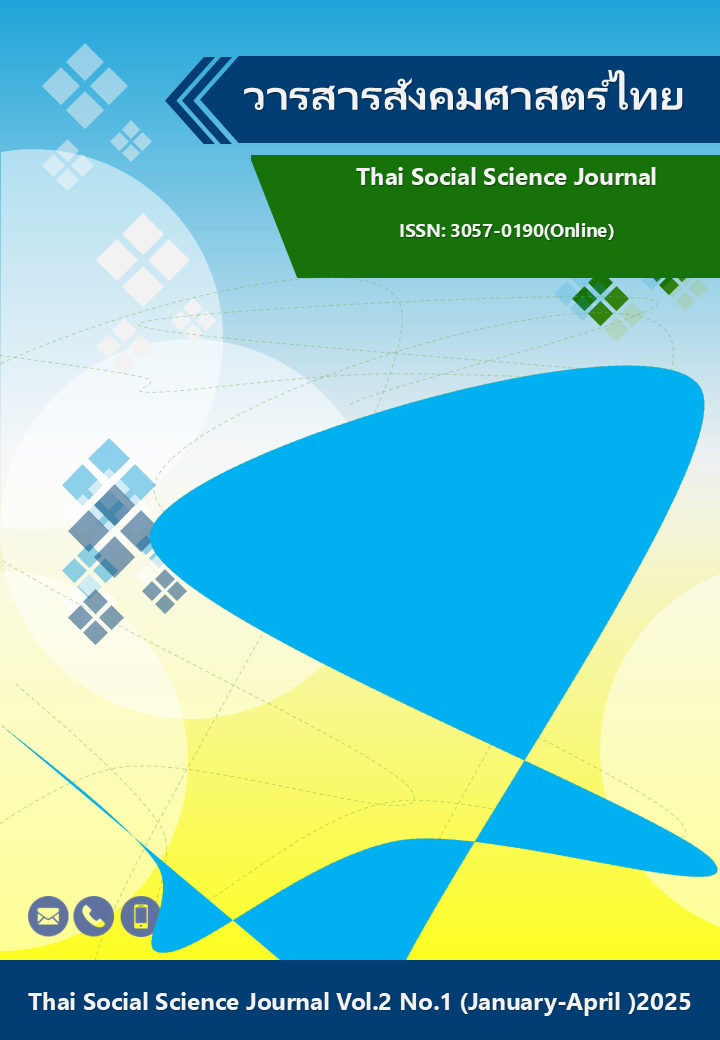The Role of Digital Technology in the Thai Education System: Challenges and Opportunities in Implementing Technology in Schools, Universities, and Lifelong Learning
Main Article Content
Abstract
This study examines the use of digital technology in the Thai education system, highlighting key challenges such as limited access to technology, especially in remote areas with inadequate infrastructure, such as unstable internet or insufficient teaching tools. Additionally, there are issues related to developing the digital skills of teachers and educational staff, as well as the need to adapt teaching methods to new technologies, which requires time and effort. On the other hand, digital technology offers opportunities to expand educational access in remote areas through online learning. It also supports the development of essential 21st-century skills. For the Thai education system to effectively address technological changes, investment in infrastructure is crucial to ensure equal access to technology across all regions, particularly by improving internet networks and digital devices in schools. Training programs to enhance the technological skills of teachers and staff, along with the development of continuous, tailored training curricula, are essential. Improving teaching methods that incorporate technology effectively, such as using online platforms for anytime, anywhere learning, and fostering creativity and collaboration in a digital environment, are also key. Adapting the Thai education system requires collaboration from the government, private sector, and educational institutions to develop sustainable educational technology strategies in the long term.
Article Details

This work is licensed under a Creative Commons Attribution-NonCommercial-NoDerivatives 4.0 International License.


